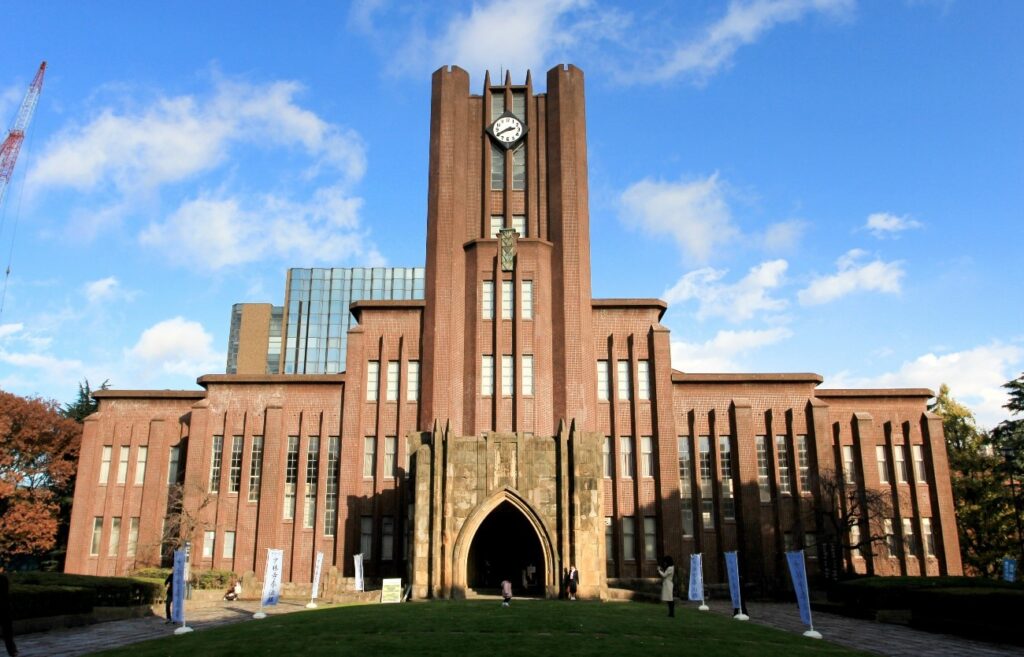Innovation and education in Japan

Photo from:Smithsonian Magazine
For Japan and elsewhere in the world, it will be innovation that unquestionably will resolve the issues we face in the future.
Japan is committed to being the very first country to prove that it is possible to grow through innovation even when its population declines.
Japan is rapidly moving toward “Society 5.0”, adding a fifth chapter to the four major stages of human development: hunter-gatherer, agrarian, industrial and information.
To realize this new era, the Government of Japan is doing everything it can to encourage various players, including start-ups and “hidden gems” among small- and medium-sized enterprises, to come up with brand-new and innovative ideas, to provide the world with solutions.

Photo from: Innovation Japan | The Government of Japan – JapanGov –
What is the key point to promote innovation in Japan?
There is a general consensus that education is a pre-condition for innovation. Research has been usually focused on the connection between higher education and their role on national innovation systems, as well as in company characteristics that promote innovation. There is less research on the relationship between formal schooling and its impact on national innovation systems. In general, it is agreed that certain foundational skills are necessary to participate in the knowledge society and that those skills, especially ICT skills and entrepreneurship will be associated with higher levels of innovation.
What is the current status of education in Japan?

Photo from:Toptenscu.com
Japanese people consider learning to be one of life’s fundamental excellencies. That truth has driven instruction to play a vital part in their culture, particularly since the Meiji Restoration in 1868. This emphasis on the esteem of instruction has contributed to Japan’s victory in the world of cutting edge solutions.
According to the data offered by OECD, The enrolment rate of 6-14 year-olds in Japan is one of the highest among OECD and partner countries with available data.
Also Japan has one of the highest percentages of young people expected to obtain a bachelor’s or an equivalent degree before the age of 30. (43.8 %, rank 5/31 , 2019)
What are the advantages and disadvantages of Japanese education compare to other developed countries?
What are the changing trends in Japan to achieve better innovation?
In the Session 11 of YOUTUBE program “Why Japan is a country with high level of well-being”, Miss.Nakano and I will do in-depth analysis and try to find answers for this problem.
Don’t miss the program (broadcast from every Wednesday Japanese ) and share your opinions with us at any time!


